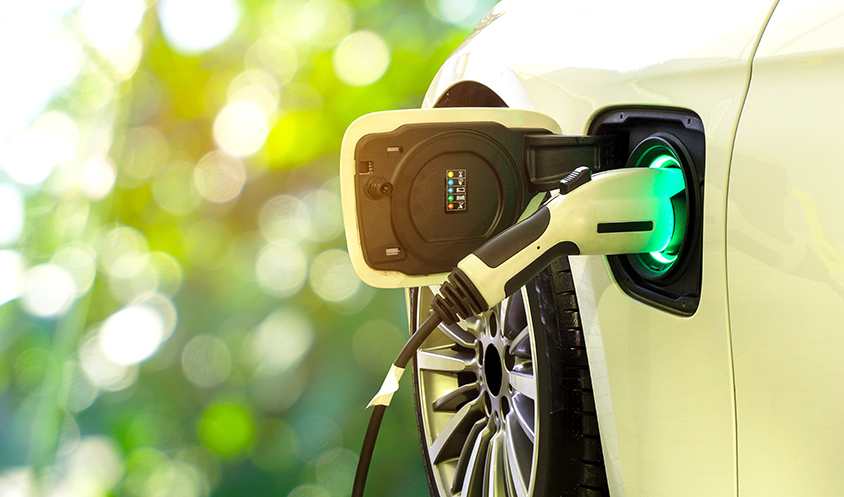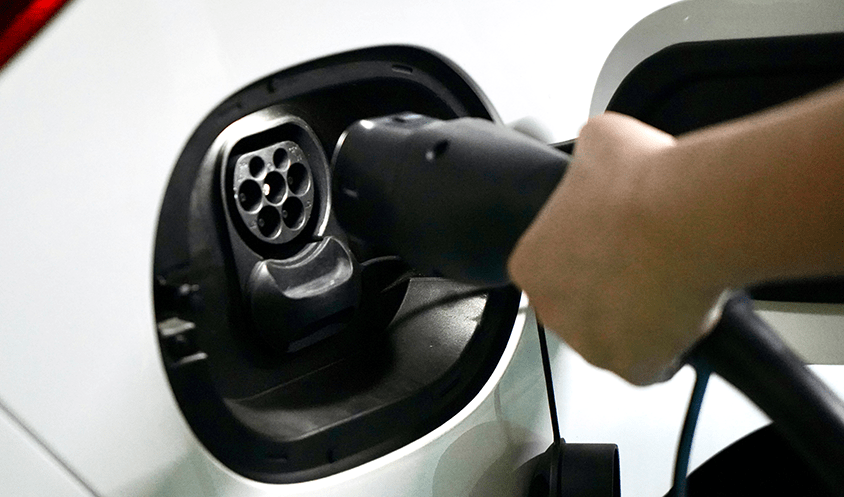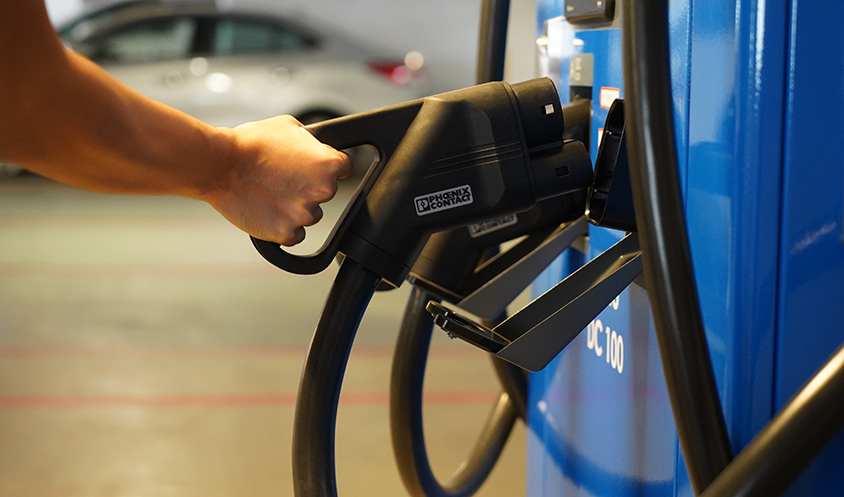Electric vehicles
Switching to cleaner-energy vehicles by 2040.
Policies
Driving an electric car more than halves our carbon footprint, compared to driving a similar car powered by an internal combustion engine. Electric vehicles (EVs) are also less pollutive and quieter, creating a more pleasant living environment.

Tax incentives
To support the transition to electric vehicles, we have introduced financial incentives that narrow the gap in ownership cost between an EV and an equivalent internal combustion engine vehicle. These include:
EV Early Adoption Incentive (EEAI) and Enhanced Vehicular Emissions Scheme (VES) for cars and taxis
Commercial Vehicle Emissions Scheme (CVES) for light commercial vehicles
• Heavy Vehicle Zero Emissions Scheme (HVZES) and Electric Heavy Vehicle Charger Grant (EHVCG) for heavy vehicles [Available from 1 Jan 2026]
Reduction of Additional Registration Fee (ARF) floor to $0 for electric cars and taxis; and
Revision of road tax framework for electric cars.
Learn more about the revised road tax framework.
Regulations and standards
To ensure the safety, reliability and accessibility of our EV charging network, we have established standards and regulations.
Our national EV charging standard, Technical Reference 25 (TR25), is periodically reviewed by representatives from industry, academia and government agencies to ensure that it remains aligned to industry best practices and safety standards for EV charging.

The Electric Vehicles Charging Act, which commenced in December 2023, sets out the following key requirements:
All chargers supplied must adhere to LTA’s safety standards, and be certified and registered with LTA. Registered Responsible Persons of EV chargers will be responsible for their proper use and maintenance;
Operators that provide EV charging services must be licensed by LTA. Licensees are required to comply with requirements such as maintaining service uptimes, purchasing of public liability insurance, and data sharing;
• All new buildings, and buildings that undergo significant building and electrical works, must install a minimum number of EV chargers and cater sufficient electrical capacity for charging; and
Voting threshold for resolutions for condominiums to install EV chargers for residents’ use has been lowered to 50% in the Building Maintenance and Strata Management Act, provided that the lease contract with the EV charging operator is no more than 10 years, and the proposal does not draw down on Management Corporation Strata Title (MCST) funds.
EV charger deployment
We aim to deploy 60,000 EV charging points across Singapore by 2030, in tandem with EV adoption. All HDB residents will have convenient access to EV chargers. As of Mar 2025, more than 60% of HDB carparks have charging points deployed.

For non-landed private residences such as condominiums and private apartments, installing shared charging infrastructure can sometimes be a challenge. The EV Common Charger Grant was launched in July 2021 to catalyse the deployment of EV chargers in these premises, by co-funding installation costs. The Grant will be available until 31 December 2026, or until 3,500 chargers have received co-funding support, whichever is earlier.
As our charger network expands, we will also work with motorists and industry to foster a culture of responsible and gracious use of charging infrastructure.
Learn more about Singapore’s EV vision and roadmap
